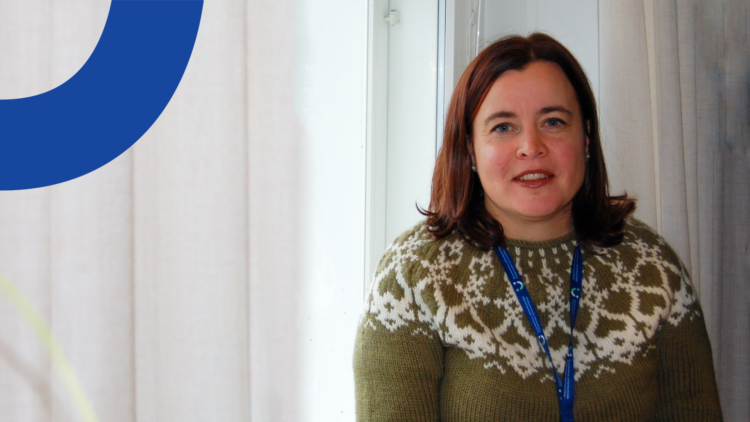Routines and calming down help against the stress of everyday life

The expert help of a family counselling service may be necessary when cooperation with a child is difficult, or it is felt that a connection with the child cannot be established. Also tantrums, the cause of which are not understood, or children’s constant squabbling make families look for help.
– Typical reasons for seeking family counselling are precisely those problems found in everyday life. For example, if there is a lack of routine and communication on a daily basis, then the children’s school and hobbies, as well as the adults’ own rush, can start to become a stew that spills over, says chief social worker Johanna Levälahti.
Levälahti encourages parents to stop before things come to a head.
If there is a lack of routine and communication on a daily basis, then the children’s school and hobbies, as well as the adults’ own rush, can start to become a stew that spills over.
Stop, talk and understand
The life of many families with children is fast-paced and full of things to do. Levälahti encourages parents to think about when the pace is already too much. What is the family’s current stress level and when does the rush affect the family’s ability to cope too much, along with concerns for health and wellbeing? What is really a priority?
Levälahti knows that parents want good and meaningful activities for their children and family, but at the same time such things may backfire.
– It would be good to think about where the family meets and listens to each other in everyday life. When you are very busy, it is more difficult to understand another person, and then you don’t always really hear and follow what they mean.
Take care of routines and predictability
When everyday life is hectic from morning to night, routines make life easier. Levälahti urges families to invest in predictability. Adults should agree in advance about who does what.
– It is also a good idea to tell a child in advance who will take them to hobby activities today and who will go through the homework together with them. This signals to the child that the parents have managed to keep the child in mind and that they are being taken care of.
Rules also need to be made for the time spent using the phone and playing games, both for adults and children. It is good to agree on such rules together in advance: when can the phone be used and where the phone is at night. It is also good to talk with a child about when screen time ends and what happens after that. What is there to do after screen time?
Practise emotional regulation
Every parent will surely recognise the situation when the child gets angry and they also start to get irritated. Although facing a child’s feelings can be challenging, it is still important to do so.
When a child is irritated, it is important that the adult remains calm. It is good to tell the child what they can do in the situation. Can the child be held or is there a place where they can calm down? However, the child should not be punished by being left alone.
When it comes to putting a child’s feelings into words, the adult provides a model.
– You can say, for example, that I didn’t like it when you hit your sister, but I like you. So your behaviour was not good, but you are important to me regardless, Levälahti says as an illustration.
Levälahti reminds everyone to notice and pay attention to positive things, even if they are only small, so that a cycle of denial and scolding with the child can be avoided.
If an adult loses their temper, it is important to tell the child about their own feelings in an age-appropriate manner once the adult has managed to calm themself down. This creates security for the child.
– An adult is a role model for a child, also when apologising. You can go back and fix things. It is always the adult’s responsibility to fix emotional breakdowns, Levälahti says by way of encouragement.
Family counselling
The activities of the Family Counselling Centre are based on the Social Welfare Act, section 26 Child guidance and family counselling
Child guidance and family counselling is given to promote the child’s wellbeing, individual growth and positive development, to support parenting and to strengthen the performance and own resources of families with children.
Child guidance and family counselling includes assessment, guidance, expert advice and other support related to children’s growth and development, family life, interpersonal relationships and social skills.
Child guidance and family counselling is carried out in a multidisciplinary manner with social work, psychology and medicine and other expertise if needed.
Family counselling focuses specifically on families with children. Childless couples are currently directed to the church’s family counselling centre, where they can receive help through discussion.